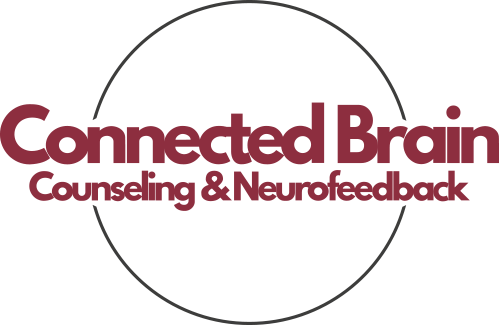Contempt in marriage is a destructive behavior that can undermine the foundation of a relationship. It involves a sense of superiority and disdain towards one’s partner, which can manifest in various ways. Recognizing the signs of contempt is crucial for addressing the issue and maintaining a healthy, respectful relationship. In this blog, we will explore what contempt looks like in a marriage, its effects, and how to address it.
What are the Signs of Contempt in Marriage?
Contempt can take several forms in a marriage, including:
- Sarcasm and Mockery Sarcasm and mockery are common signs of contempt. This behavior involves making derisive comments or belittling a partner’s thoughts and feelings. Sarcasm and mockery can erode self-esteem and create emotional distance.
- Eye-Rolling and Dismissive Gestures Non-verbal cues such as eye-rolling, sneering, or dismissive gestures are indicators of contempt. These actions communicate disdain and disrespect, signaling to your partner that their opinions and feelings are not valued.
- Hostile Humor Using humor to demean or humiliate a partner is another sign of contempt. Hostile jokes at your partner’s expense can damage their self-esteem and contribute to a negative dynamic in the relationship.
- Name-Calling and Insults Name-calling and insults are direct expressions of contempt. This behavior involves using derogatory terms or harsh language during disagreements, which can escalate conflicts and deepen emotional wounds.
- Ignoring or Withdrawing Ignoring or withdrawing from a partner during conflicts is a sign of contempt. This behavior involves deliberately avoiding communication or engagement, which can create feelings of rejection and abandonment.

The Impact of Contempt in Marriage
Contempt can have severe consequences for both partners and the overall health of the marriage. Some of the key impacts include:
- Emotional Distance Contempt creates emotional distance between partners. The consistent display of disdain and disrespect can lead to withdrawal, reducing intimacy and connection in the relationship.
- Eroded Trust Trust is essential for a healthy marriage. Contempt undermines trust by making one partner feel devalued and disrespected. This erosion of trust can lead to a fragile and unstable relationship.
- Increased Conflict Contempt often exacerbates conflicts rather than resolving them. The sense of superiority that accompanies contempt can lead to more frequent and intense arguments, making it difficult to find common ground.
- Negative Impact on Mental Health The presence of contempt in a marriage can negatively impact mental health. The targeted partner may experience stress, anxiety, and depression as a result of the ongoing emotional strain.
How to Address Contempt in Marriage
Addressing contempt requires effort and commitment from both partners. Here are some strategies to help manage and overcome contempt:
- Foster Mutual Respect Building mutual respect is crucial for overcoming contempt. Both partners should make a conscious effort to treat each other with kindness and consideration, even during conflicts. Acknowledge each other’s feelings and perspectives.
- Improve Communication Skills Effective communication is essential for addressing contempt. Practice active listening and express your own feelings and needs in a calm and respectful manner. Open dialogue can help resolve misunderstandings and reduce contempt.
- Seek Professional Help Couples therapy can be a valuable resource for addressing contempt. A therapist can help identify the underlying causes of contempt and develop strategies for improving communication and rebuilding trust.
- Focus on Positive Interactions Increasing positive interactions can counteract the effects of contempt. Spend time together engaging in activities you both enjoy and express appreciation for each other’s positive qualities.
- Work on Self-Awareness Reflecting on your own behavior and recognizing any contemptuous actions is an important step towards change. Be honest with yourself about your role in the relationship dynamic and make efforts to improve your behavior.
Contempt in marriage is a harmful behavior that can significantly impact the health of a relationship. By recognizing the signs of contempt and taking steps to address it, you can work towards building a more respectful and supportive partnership. If you are struggling with contempt in your marriage, consider reaching out to Connected Brain Counseling for a free consultation. Our therapists can provide guidance and support to help you navigate and resolve relationship challenges.
- Contempt in Marriage: How It Erodes Your Relationship,” Verywell Mind. This article discusses how contempt affects marital health and provides strategies for addressing it.
- The Four Horsemen: Contempt in Relationships,” The Gottman Institute. According to The Gottman Institute, contempt is a major predictor of relationship breakdown and provides insights on managing it.
If you are experiencing signs of contempt in your marriage, don’t wait to seek support. Contact Connected Brain Counseling today to schedule a free consultation. Our experienced therapists are here to help you address contempt and strengthen your relationship.







